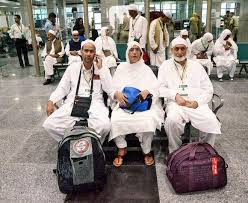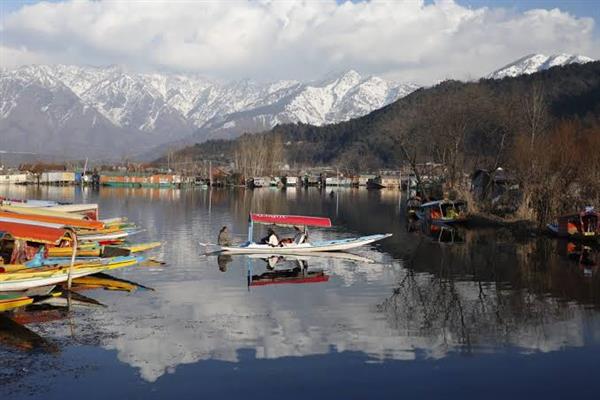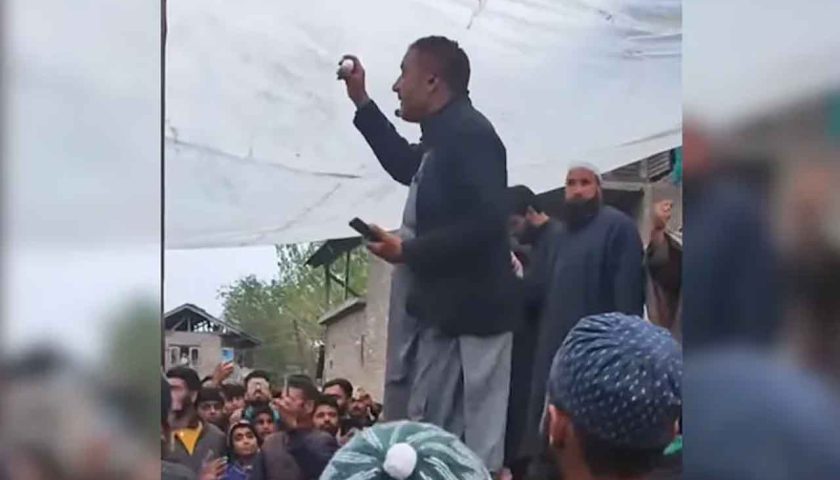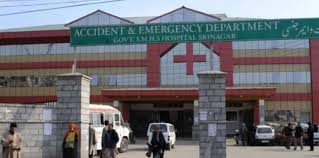The Supreme Court on Friday issued notice to the center on petitions challenging the new Haj policy that has resulted in reduction in the Haj Committee of India’s share to 70 per cent seats even as tour operators’ quota allegedly went up from 25 per cent to 30 per cent.
The private operators charge hefty amount from Haj pilgrims.
A three-Judge Bench headed by Chief Justice of India Dipak Misra — which asked the Centre to respond to the petitions by January 13, however, noted it would intervene in the Haj policy only if it was found to be arbitrary. “This is a policy matter,” it said refusing to defer state-wise draw of lots for the allotment of seats to applicants.
The bench, however, clarified the draw of lots shall not confer any vested right in the successful applicants and the results of the draw of lots shall be subject to the final outcome of the case.
This year, Haj is to be held during August and the quota allocated to India is 1.75 lakh pilgrims, for whom May 15 is the deadline, the SC was told.
On behalf of the Center, Attorney General KK Venugopal sought to defend the new Haj policy, contending the allocation of subsidy for pilgrims was based on Muslim population in a state. He also said the tour operators’ quota has been brought down to 25 per cent this year.
On behalf of the Kerala
Haj Committee, advocate Prashant Bhushan submitted that smaller states such as Kerala would be at loss as the allocation of seats under the new Haj policy was on the basis of proportion of the Muslim population in a state. Uttar Pradesh and Bihar have the largest Muslim population in India, he added.
“Approximately, 12,000 seats have been set aside for Bihar, while only 6,000 applications have been received. This means, almost 6,000 seats shall remain vacant. Whereas in Kerala, there are more than 95,000 applicants and allocations have been made to only one out of every 15 applicants,” Bhushan said, adding that smaller states would lose out on subsidised seats.
The Attorney General said the allocation of subsidy quota on the basis of the Muslim population of a state was not a new thing and it had been there since the very beginning.
Venugopal said the Kerala Haj Committee’s plea was not maintainable as all the 21 state Haj committees were supposed to implement the guidelines of the Haj Committee of India, which was consulted before finalising the new policy. He said seats remaining vacant in a particular state after the draw of lots were to be equally distributed to other states.
Govt defends move
The policy has resulted in reduction in the Haj Committee of India’s share to 70% seats even as tour operators’ quota allegedly went up from 25% to 30%
On behalf of the Centre, Attorney General KK Venugopal defended the policy, contending the allocation of subsidy for pilgrims was based on the Muslim population in a state






